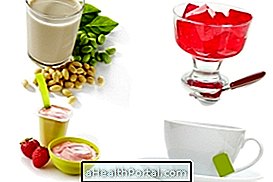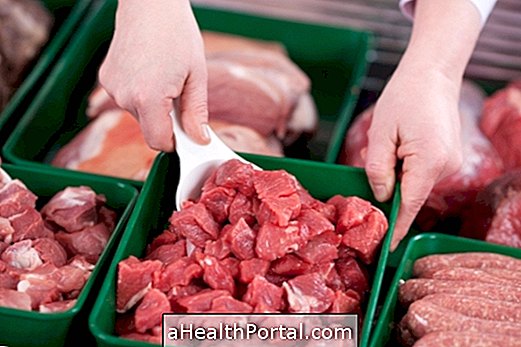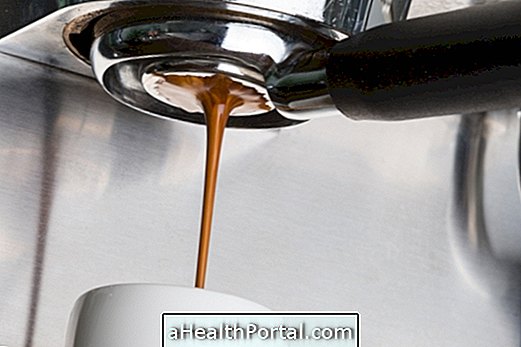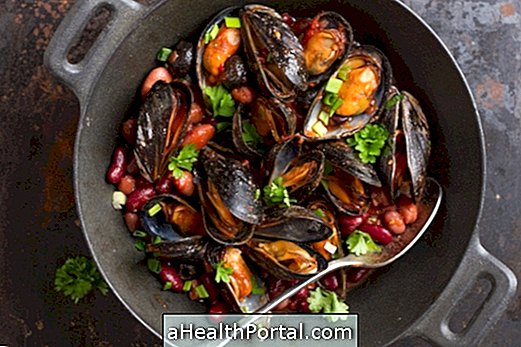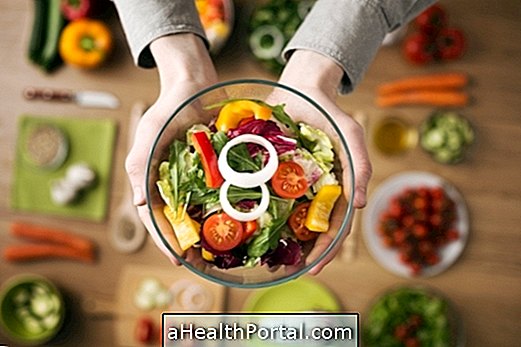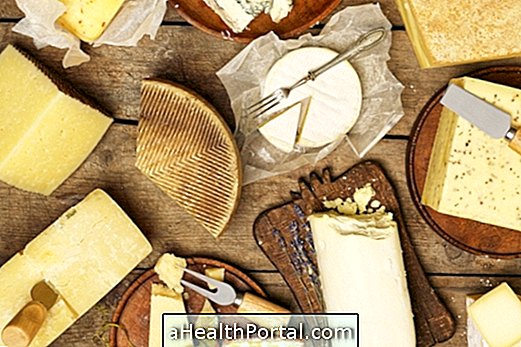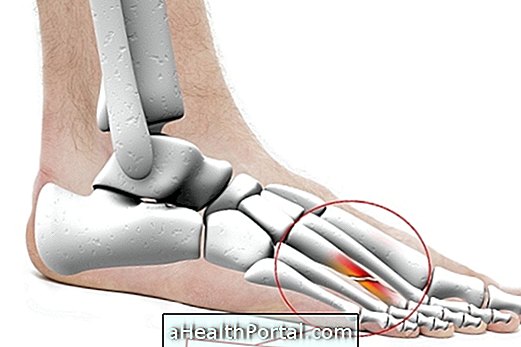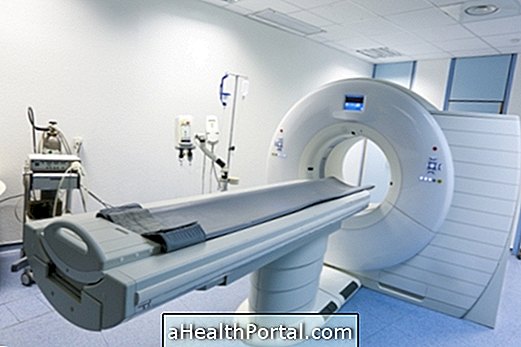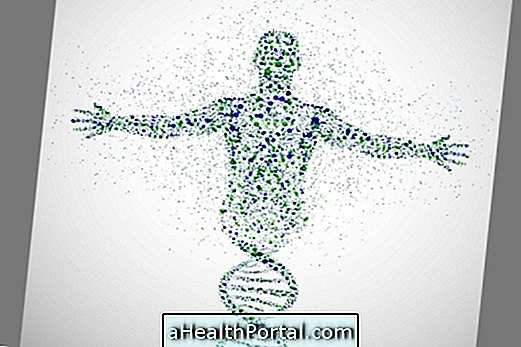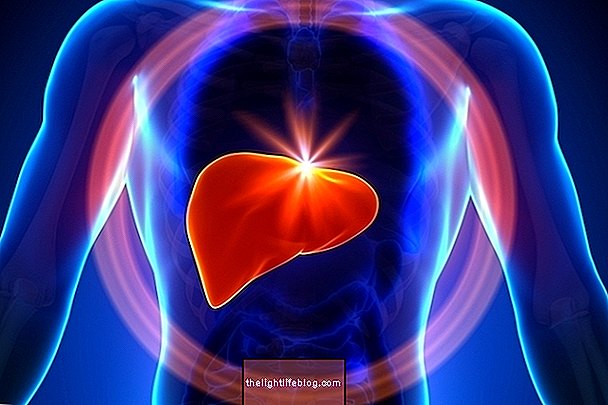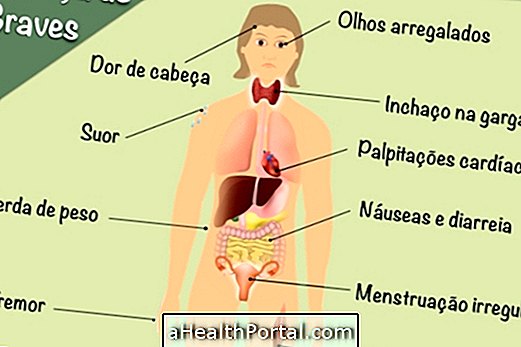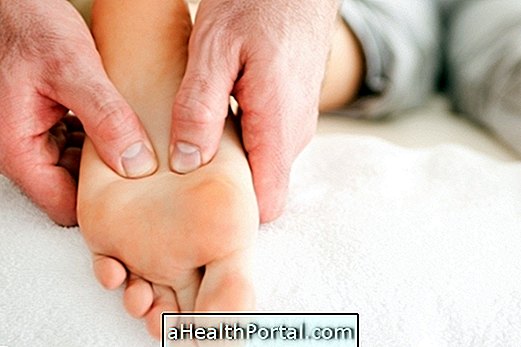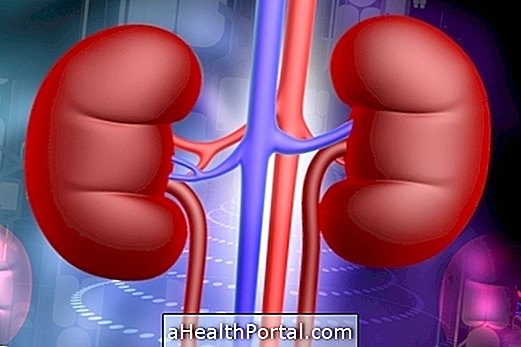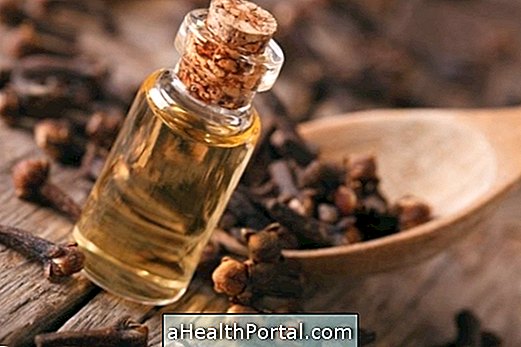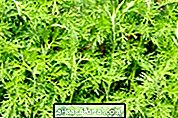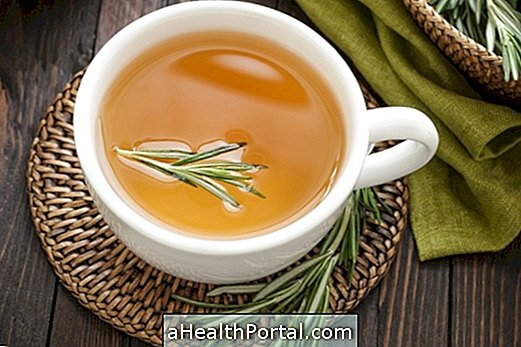Veganism is a movement that aims to promote the liberation of animals, as well as enhance their rights and well-being. Thus, people who adhere to this movement not only have a strict vegetarian diet, but also do not make use of any product that has to do with animals.
The vegan person usually have restriction related to clothing, entertainment and animal foods. In this way, it is important that the vegan person seek guidance from a nutritionist so that an adequate diet is indicated and that all nutritional needs are met.
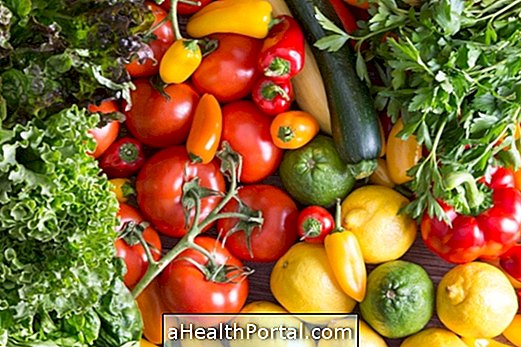
What is the difference between vegan and vegetarian?
Vegetarianism is usually related to the consumption of foods that are not of animal origin, and can be classified into:
- Ovolactovegetarians, who are those people who do not consume meat;
- Lactovegetarians, who in addition to meat do not consume eggs;
- Strict vegetarians, who do not consume meat, egg, milk and dairy products.
- Vegans, which in addition to not consuming food products of animal origin, also do not make use of any product that has been tested on animals or from them, such as wool, wicker or silk, for example.
Thus, all vegans are strict vegetarians, but not all strict vegetarians are vegans as they may make use of animal products such as some cosmetics. Learn more about the differences between types of vegetarianism.
Advantages and disadvantages of veganism
Some research has shown that a strict vegetarian diet is associated with lower chances of obesity and cardiovascular problems, such as atherosclerosis, for example. In addition, veganism is responsible for promoting the welfare of animals, preserving life and combating the exploitation of animals for the purpose of producing materials and products for consumption.
Although vegans follow a diet rich in carbohydrates, omega-6s, fiber, folic acid, magnesium, and vitamin C and E, there may be deficiency of B vitamins and high-quality protein sources, which may interfere with the functioning of some functions of the body. body. However, vitamin B deficiency can be supplemented, according to the nutritionist's orientation, and the supply of protein can be done by consuming quinoa, tofu, chickpeas and mushrooms, for example.
It is important that the strict vegetarian diet be made under the guidance of a nutritionist so that all nutritional needs are met, avoiding anemia, atrophy of muscles and organs, lack of energy and osteoporosis, for example.
What to eat
The vegan diet is usually rich in vegetables, vegetables, cereals, fruits and fiber and most of the time it is possible to meet most of the nutritional needs. Usually vegan people are deficient in vitamin B12, since the main source of vitamin is food of animal origin. However, this deficiency can be solved through supplementation, which must be done according to the nutritionist's orientation.
Check out in this video what the vegetarian does not normally consume:


